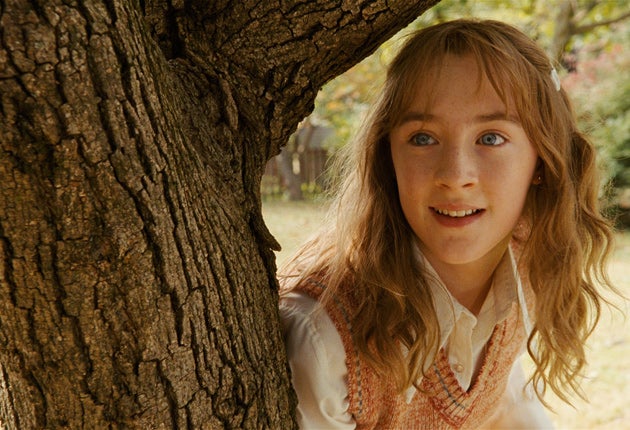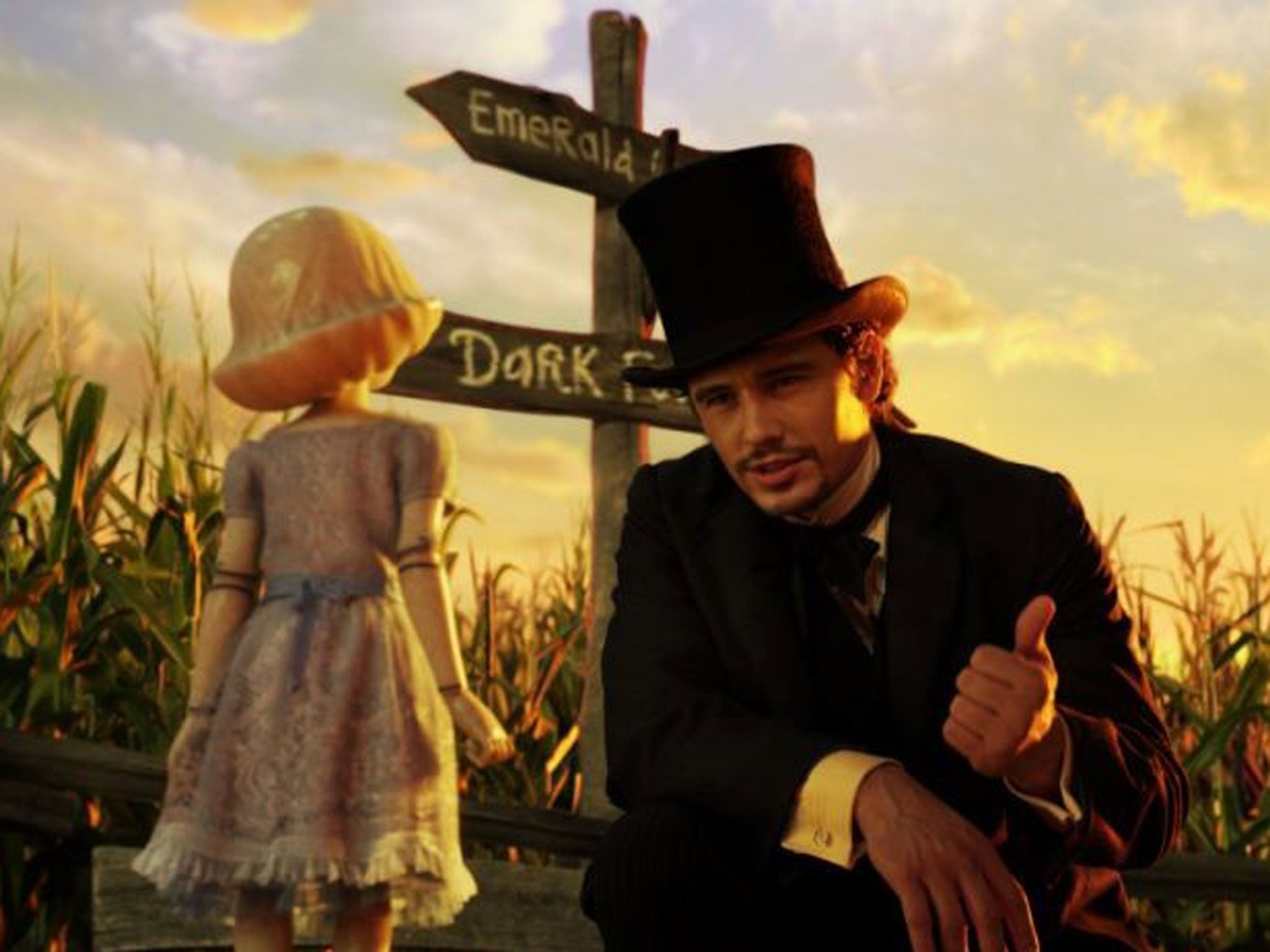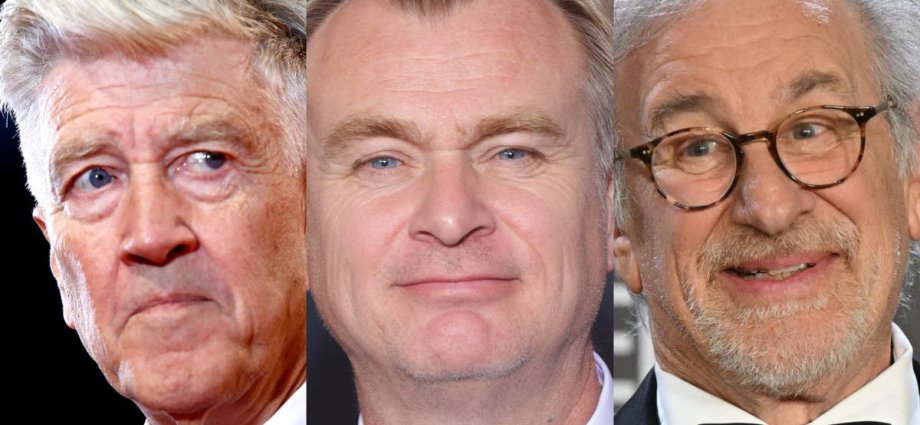In every industry and walk of life, even the best of us sometimes fail to hit the mark.
For professional filmmakers, however, mistakes can be costly. Unlike most people, their slip-ups can be witnessed by millions of people – a bad film can tar someone’s reputation for years or even decades.
This isn’t just a list about bad films, however. This is a tribute to the rare instances when great filmmakers just got it wrong.
For every Kelly Reichardt or Paul Thomas Anderson out there – artists who have managed to go their whole careers without ever really letting the quality slide – there are countless others who haven’t quite managed it.
Even giants of the medium have found themselves prone to the occasional bum note. And it’s not just directors either; some of the best actors around have also been guilty of the occasional dreadful performance.
This list, however, is concerned solely with those behind the camera. From Steven Spielberg to Christopher Nolan, here’s a rundown of 17 terrible movies from great filmmakers…
Pedro Almodóvar – I’m So Excited! (2013)
Few directors in world cinema loom so large over their country’s reputation as Pedro Almodóvar, the brilliant, vivacious filmmaker behind films such as Volver and All About My Mother. Around the early 2010s, however, Almodóvar hit a rough patch, with the body horror The Skin I Live In being followed by the dreadful comedy I’m So Excited. Thankfully, he rediscovered his greatness and has been on a hot streak ever since.
Robert Altman – Popeye (1980)
Revisionism be damned, Robert Altman’s live-action musical take on Popeye, starring Robin Williams as the Spinach-eatin’ sailor man himself, is still a stinker. When it first came out, in 1980, it was so viciously panned that Altman – one of the best American directors there’s ever been – receded drastically from the Hollywood spotlight, eventually making his mainstream comeback more than a decade later with The Player.
Kathryn Bigelow – The Weight of Water (2002)
Coming off of successes like Point Break and Strange Days, The Weight of Water was an abject flop for Kathryn Bigelow. Starring Elizabeth Hurley and Sean Penn, the film was a twisty drama set across two time periods. Its 35 per cent approval rating on Rotten Tomatoes places it squarely in the “rotten” category – but anyone who’s seen it might argue that 35 seems generous.
Frank Capra – Pocketful of Miracles (1961)
In the history of cinema, there’s been almost no one who was as deftly sentimental as Capra. While many of his best-loved films – Mr Smith Goes to Washington; It’s a Wonderful Life; It Happened One Night – came in the 1930s and 1940s, he remained a prolific filmmaker up until 1961. By this time, however, the magic had started to wane: Pocketful of Miracles is a tired and joyless piece of work, a depressingly weak swansong from a Hollywood titan.

The Coen brothers – The Ladykillers (2004)
Few films stick out so sore-thumb-like amid a great filmography as The Ladykillers, the Coen brothers’ ill-judged remake of the Ealing comedy classic. Tom Hanks is, admittedly, enjoyable when playing against type as a giggling southern villain, but the whole remake is worse than half-baked, with some questionable racial politics thrown in for good measure.
Frances Ford Coppola – Jack (1996)
Coppola’s best films can stand toe-to-toe with pretty much anything else in cinema: The Godfather; Apocalypse Now; The Conversation. Look at his worst, however, and it’s frankly hard to believe they were made by the same man. And in the totality of Coppola’s repertoire, there’s not really anything worse than Jack, the schmaltzy comedy starring Robin Williams as a boy in a grown man’s body.
David Fincher – Alien 3 (1992)
It’s somewhat unusual that Fincher’s worst film is not only his debut, but a high-profile blockbuster that grossed nearly $160m. Following on not just from Ridley Scott’s iconic Alien, but also James Cameron’s shockingly good sequel, Fincher’s Alien 3 was a disappointment all round – a callous departure from the previous film that couldn’t hide the scars of some extreme behind-the-scenes tumult.

Alfred Hitchcock – Champagne (1928)
All of Hitchcock’s best-known films came after he had already been working in the industry for a great many years; Champagne is one of many early Hitchcock films that only obsessive fans are likely to have seen. Hitchcock himself later spoke damningly of Champagne, which concerned a young woman (Betty Balfour) who seeks employment after her father goes broke. “The film had no story to tell,” he said.
Peter Jackson – The Lovely Bones (2009)
Over the course of his career, Kiwi filmmaker Peter Jackson has proved adept at a range of genres, from fantasy epics like The Lord of the Rings to music documentaries such as The Beatles: Get Back. Comparatively, The Lovely Bones was the rare instance of Jackson getting it completely wrong. A supernatural drama about the spirit of a girl who’s been murdered, The Lovely Bones is mawkish and narratively dubious, with plot beats that can’t help but leave viewers annoyed and let down.

Richard Linklater – Bad News Bears (2005)
Linklater is a filmmaker who can be much admired for his versatility – he’s aced everything from coming-of-age dramas (Boyhood) to experimental animations (A Scanner Darkly) and dark comedies (Bernie). As with any director who takes such large swings, however, there are also a few whiffs – none worse than his 2005 remake of the 1976 baseball comedy The Bad News Bears. Even Billy Bob Thornton, playing a watered-down version of his Bad Santa boozehound, fails to make this worth anyone’s time.
David Lynch – Dune (1984)
The revolutionary mind behind Blue Velvet, Mulholland Drive and Twin Peaks has a sensibility so unique that it became its own adjective – but there was little Lynchian about Dune. Decades before Frank Herbert’s sci-fi epic would be winningly brought to the screen by Denis Villenueve, Lynch’s turgid, confusing take on Dune was a landmark of misjudged adaptation.

Christopher Nolan – Tenet (2020)
Look: there’s plenty to like about Tenet. The action set pieces. Robert Pattinson’s off-kilter Christopher Hitchens impersonation. The sheer clockwork ambition of it all. But Nolan’s time-bending thriller is also a mess, one that proved too complicated and goofy to win the affections of the moviegoing public.
Sam Raimi – Oz: The Great and Powerful (2014)
Raimi has never truly had the critical kudos of some of his contemporaries, but there’s a reason the Evil Dead filmmaker commands such a devoted following. He has a handful of outstanding, technically accomplished films to his name – and a couple of real stinkers, too. Worst among these was 2014’s Oz: The Great and Powerful, an insipid, pointless prequel to The Wizard of Oz, featuring what might be the most checked-out performance of James Franco’s career (and that’s no small claim).

Martin Scorsese – Boxcar Bertha (1972)
There’s no one in American cinema with a legacy quite like Martin Scorsese: at this point, the Goodfellas filmmaker is more or less one of the country’s defining artists. What’s remarkable about Scorsese is his consistency, but that’s not to say he’s never put a foot wrong. The early crime drama Boxcar Bertha endures as what many agree is the filmmaker’s weakest effort – a poorly aged, by-the-numbers exploitation picture that betrayed little of what would make Scorsese such an idiosyncratic director.
Steven Spielberg – 1941 (1979)
For all his multivarious strengths behind the camera, Spielberg has never found comedy his forte. Perhaps, then, it’s unsurprising that his worst film was a dismal screwball farce, set during the time of the Pearl Harbor bombing. It’s a testament to Jaws’s revolutionary box office power four years earlier, and Spielberg’s prodigious talent, that the failure of 1941 was able to roll off his back; in lesser hands, this would be a dud that a promising filmmaker might take to the grave with them.
The Wachowskis – The Matrix Reloaded (2003)
While the first two Matrixsequels have always had their ardent defenders, there’s no denying that most people don’t feel the same. Following The Matrix – a blockbuster that quite literally changed the very fabric of Hollywood – was always going to be a tall order. But audiences just weren’t braced for the earnest and nerdy plot, rubbery CGI and general air of self-indulgence. Reloaded made a fair amount of money, but went down in history as a disaster sequel for the ages.

Robert Zemeckis – A Christmas Carol (2009)
Back to the Future director Zemeckis has had more than his share of troughs along with his career’s mighty peaks. 2004’s The Polar Express is often held up as the apex of the sinister “uncanny valley” in Western computer animation, but even that film outshines his 2009 take on Charles Dickens’s Christmas Carol. Starring a digitised Jim Carrey as Scrooge, this was a joyless, cheerless humbug.











